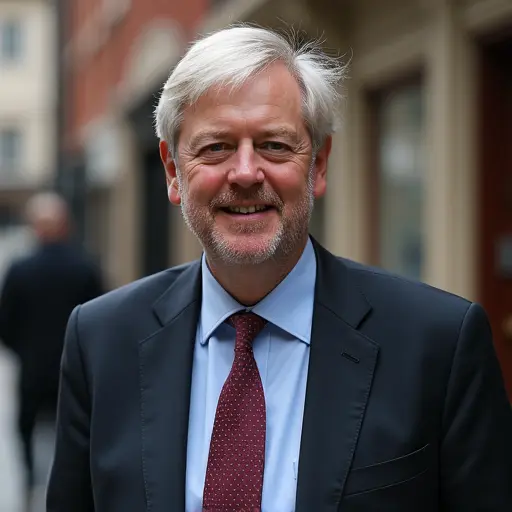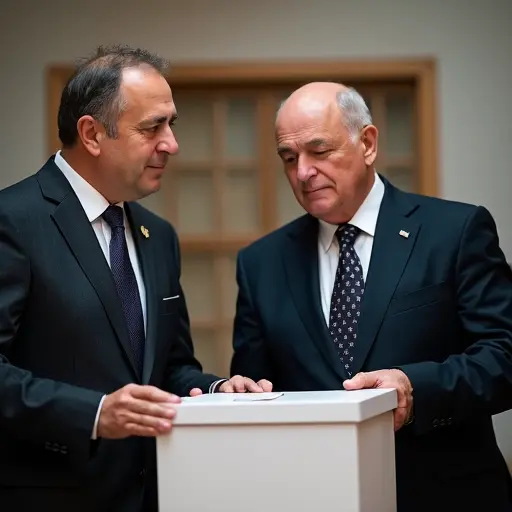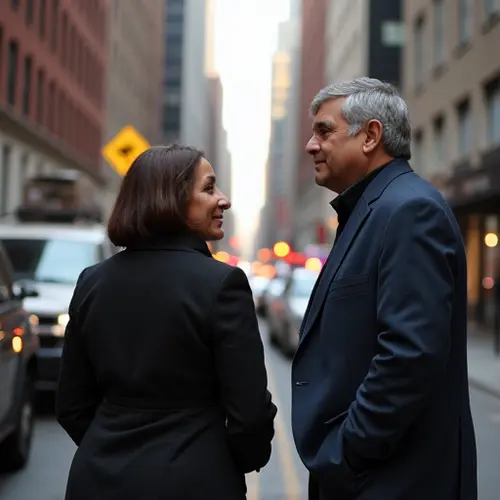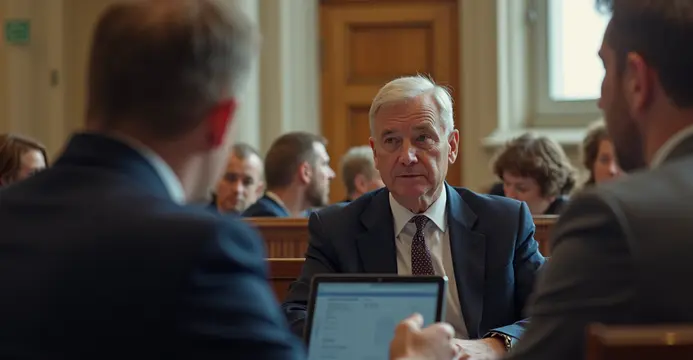
Historic Democratic Reform Proposed
The newly elected Labour government in the United Kingdom has announced plans to lower the voting age to 16 for national elections. This landmark proposal aims to fulfill a key campaign promise by Prime Minister Keir Starmer's administration.
Alignment Across Nations
The reform would standardize voting rights across the United Kingdom. While Scotland and Wales already permit 16-year-olds to vote in devolved elections, this change would extend the franchise to younger citizens throughout England and Northern Ireland for Westminster elections. Government officials describe this as "the most significant transformation of British democracy in a generation".
Government Justification
Deputy Prime Minister Angela Rayner defended the proposal on social media, stating: "Young people actively contribute through employment, tax payments, and military service. It's only fair they gain representation in matters directly affecting their futures."
Brexit Connection
Political analysts note this reform revisits longstanding debates about youth representation. Multiple studies suggest that had 16-year-olds been eligible during the 2016 Brexit referendum, the outcome might have differed significantly. Many young Britons opposed leaving the EU but lacked voting power to influence the decision.
Conservative Opposition
The Conservative Party has voiced strong objections. MP Paul Holmes argued: "This creates contradictory standards - permitting voting while prohibiting candidacy, alcohol consumption, marriage without consent, or military enlistment. It's fundamentally incoherent policy."
Implementation Timeline
The legislation requires parliamentary approval, where Labour commands a substantial majority. If passed, the reformed voting age would take effect before the next scheduled general election in 2029. Electoral authorities are preparing for potential voter registration of approximately 1.5 million additional citizens.

 Nederlands
Nederlands English
English Français
Français Deutsch
Deutsch Español
Español Português
Português








